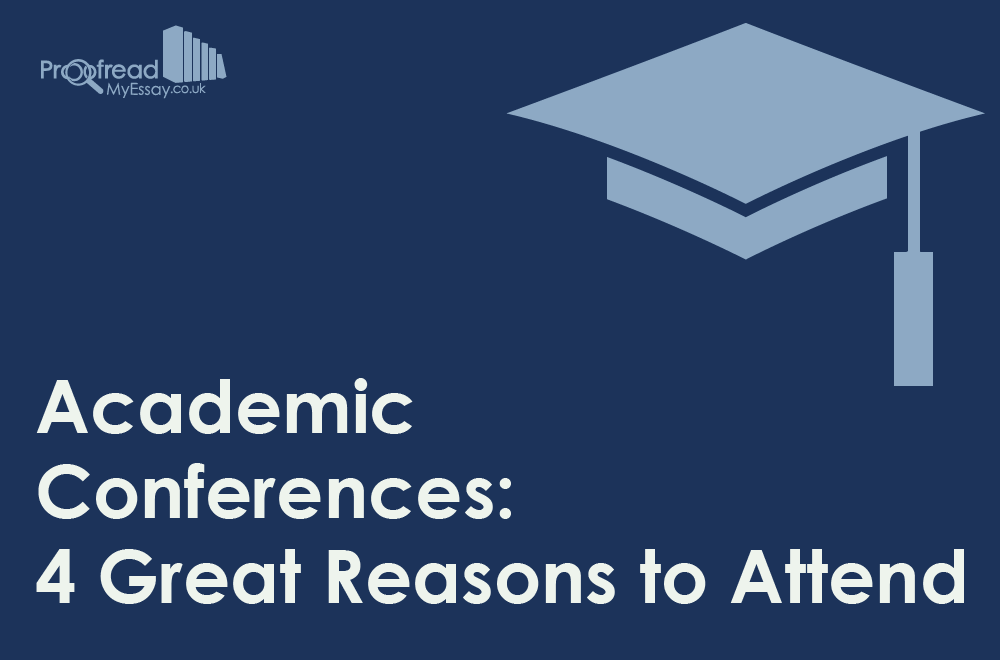Academic conferences are festivals of learning, with people travelling from around the world to gather and exchange ideas. Although most are aimed at postgraduate students and professional academics, undergraduate conferences also exist.
But why should you, dear reader, care? Are you not busy already? How will attending an academic conference benefit your work? Well, we have a few suggestions.
1. Staying Ahead of the Crowd
Before you can change the world with your groundbreaking research, you need a suitable envelope to push. As such, you need to keep on top of the latest work in your field.
Academic conferences are often the first place innovative research is presented, so there are no better places to look for inspiration and new ideas.
2. You Get to Present Your Work!
OK, this isn’t compulsory (you can just attend as a guest) and for many the idea of presenting work to a large crowd is outside their comfort zone. But giving a presentation at a conference looks great on your CV and offers various advantages.
For one thing, conferences are a unique chance to receive feedback from a roomful of experts in your field.
Likewise, the skills you develop when presenting at conferences could prove invaluable throughout your career (inside or outside of academia).
Find this useful?
Subscribe to our newsletter and get writing tips from our editors straight to your inbox.
3. Making Friends and Influencing People
Possibly the most important aspect of attending academic conferences is the opportunity to network with people who share your research interests.
Because student life revolves around the university, we often find ourselves talking to the same people on a day-to-day basis. At conferences, on the other hand, you have opportunities to talk to leading academics from around the world.
Part of the appeal here is that you get to connect and collaborate with others in a way that benefits your research. Of course, if you’re also planning a career in academia, introducing yourself to influential figures in your field doesn’t hurt either.
4. Conference Proceedings
Many conference organisers publish the collected papers presented at their event as the ‘conference proceedings’. These allow you to revisit and reference work you’ve seen discussed at the conference (though you can also cite unpublished papers if no proceedings are available).
In fact, it’s always worth keeping track of conferences in your field even if you can’t attend. By looking up the published proceedings, you can still learn about new research relevant to your work.
